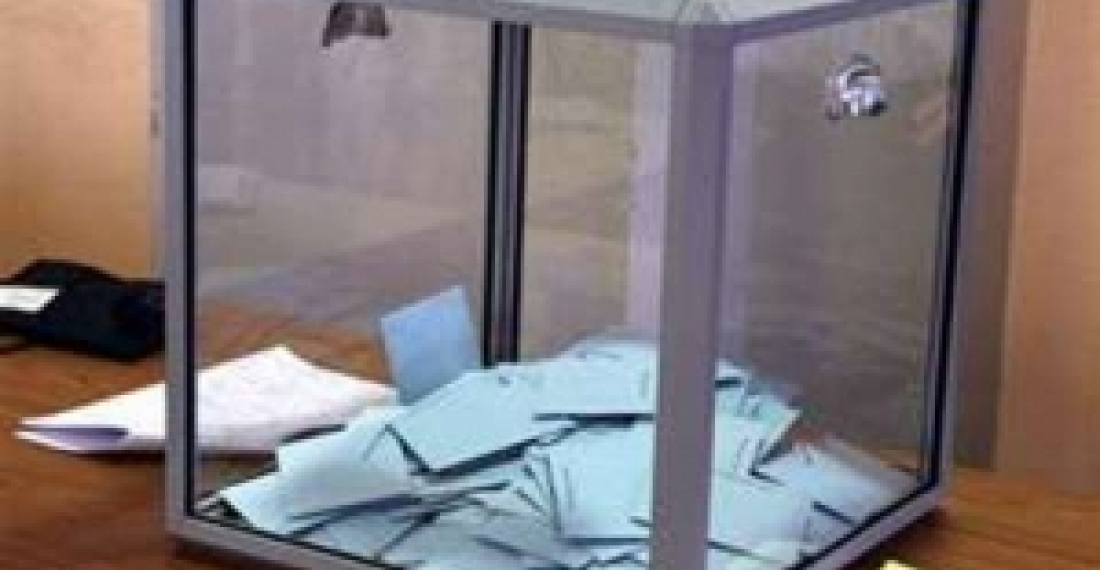In the sixth part of its series of briefings on the 2012 Parliamentary elections in Armenia, LINKS Analysis looks at the issue of the voters list, and at claims that the list is inflated by thousands of voters. It also looks at what the OSCE/ODIHR mission is saying on this subject, which is so vital to a proper election process.
The briefing says:
The Armenian Police have published the number of voters on the electoral roll for the 6 May Parliamentary elections. According to the figures released to the media on 25 April there are 2,482.238 voters on the list, and eligible to vote. Some are questioning if this is right.
Population figures are a very sensitive issue in Armenia. Since the collapse of the Soviet Union twenty years ago the population of the country has decreased according to most sources. Successive Armenian governments have tried to hide this fact, seeing it not only as a sign of political failure, but also as a sign of national weakness. At one point the government even banned the publication of the figures of the importation of floor, since it was thought that from those figures one could deduct the number of people living in the country. The issue is more complicated because a large number of Armenians move to Russia for parts of the year for seasonal work. Others lead a double life, having one home in Armenia and another in the Georgian region of Javakheti. Compiling an electoral list in such circumstances one has to admit is not easy. In Armenia the job is in the hands of the Visa and Registration Department of the Armenian Police (PVD). The issue continues to provide a controversial backdrop to the election process.
Opposition politicians are crying foul, saying that the voters list is inflated by many thousands and that this is the precursor of election fraud. Somehow giving credence to these allegations are reports that appear regularly in the media of hundreds of people registered in one house or flat, of people living in buildings that have been demolished, and generally of people on the list who should not be there.
The OSCE/ODHIR Election Monitoring Mission has been somewhat economical in its comments on the voters list in its two interim reports published so far.
The six briefings can be read in full on the LINKS Analysis website
source: LINKS Analysis







